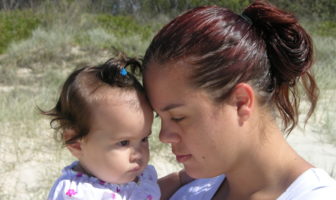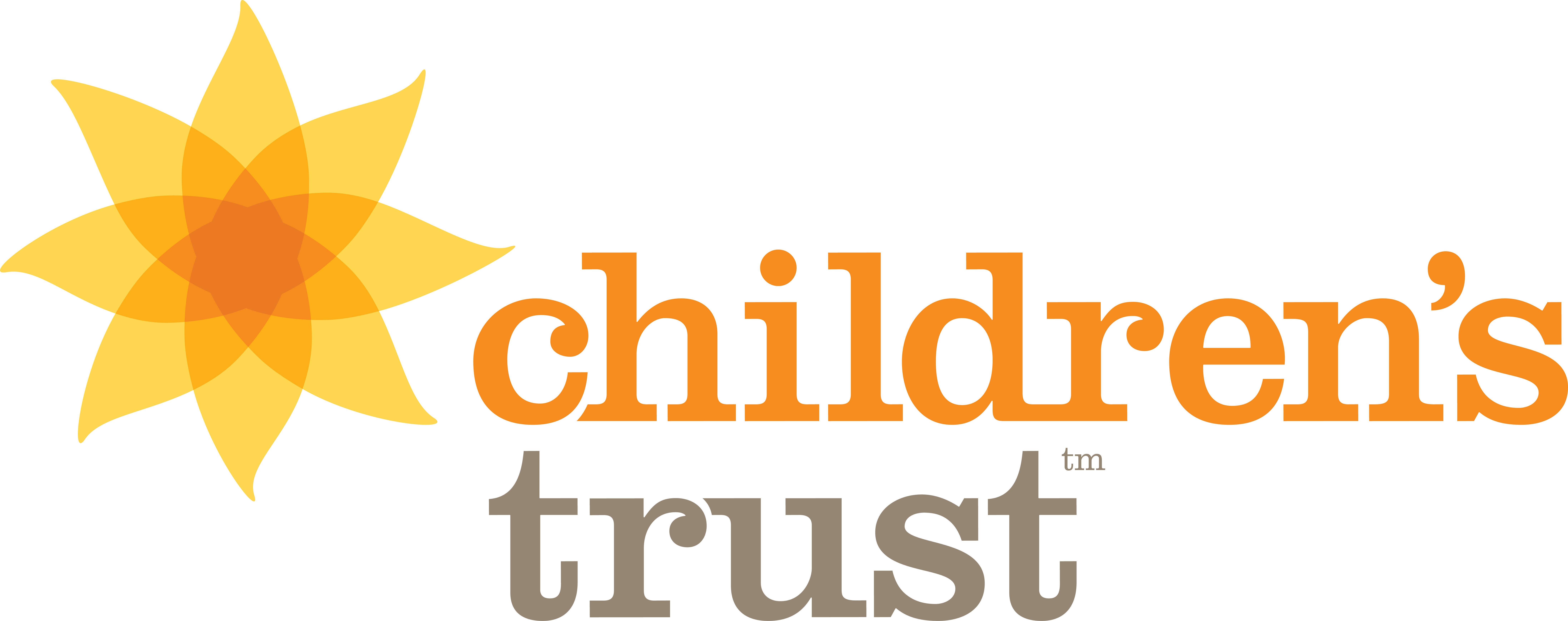Experiencing postpartum depression does not mean there is something wrong with you. However, it’s important to know when it's necessary to seek professional help.

Child Sexual Abuse Prevention
April is National Child Abuse Prevention Month. The month is dedicated to highlighting the importance of preventing abuse and neglect among our children and families. Abuse and neglect are both forms of Adverse Childhood Experiences (ACEs) which are traumatic experiences and toxic stress faced by children under the age of 18 that can negatively impact their physical and mental wellbeing well into adulthood.
The Center for Disease Control and Prevention estimates that 1 in 4 girls and 1 in 13 boys are sexually abused before age 18. Physical and behavioral changes and signs for concern of possible sexual abuse among children include trouble sitting or walking, trouble with feeding, bowel issues, fear or excessive crying, nightmares or sleep disturbances, and feelings of hopelessness, anger, and anxiety.
Fortunately, child sexual abuse is preventable. Follow these steps to keep your kids safe:
- Build a healthy relationship with your child by keeping communication channels open so that they feel comfortable coming to you with any questions or concerns.
- Explain the buddy system to your child. Teach them that being with a friend or trusted adult is the safe thing to do, instead of being alone.
- Ask your child to always check in with you before going somewhere or if plans change with friends or even another trusted adult.
- Give your child permission to say “no” to anyone and tell them to let you or another trusted adult know if someone makes them feel uncomfortable.
- Talk to your child about healthy body boundaries and remind your child that he or she should never feel pressured to show or receive physical affection from anyone, even if they are close friends or family members.
- Review other safety rules several times a year and tell your child know that if anyone makes them feel uncomfortable, they should let you or another trusted adult know immediately.
- Monitor your child’s behavior closely to notice any signs or symptoms of sexual abuse.
For more content on child safety, click here. If you have any concerns about your child, please contact your pediatrician. If you think your child is being abused, please contact the Massachusetts Department of Children and Families or one of the resources listed here.
other articles and videos we love
It’s important to teach your child about racism and set a good example by modeling what it means to be anti-racist.





